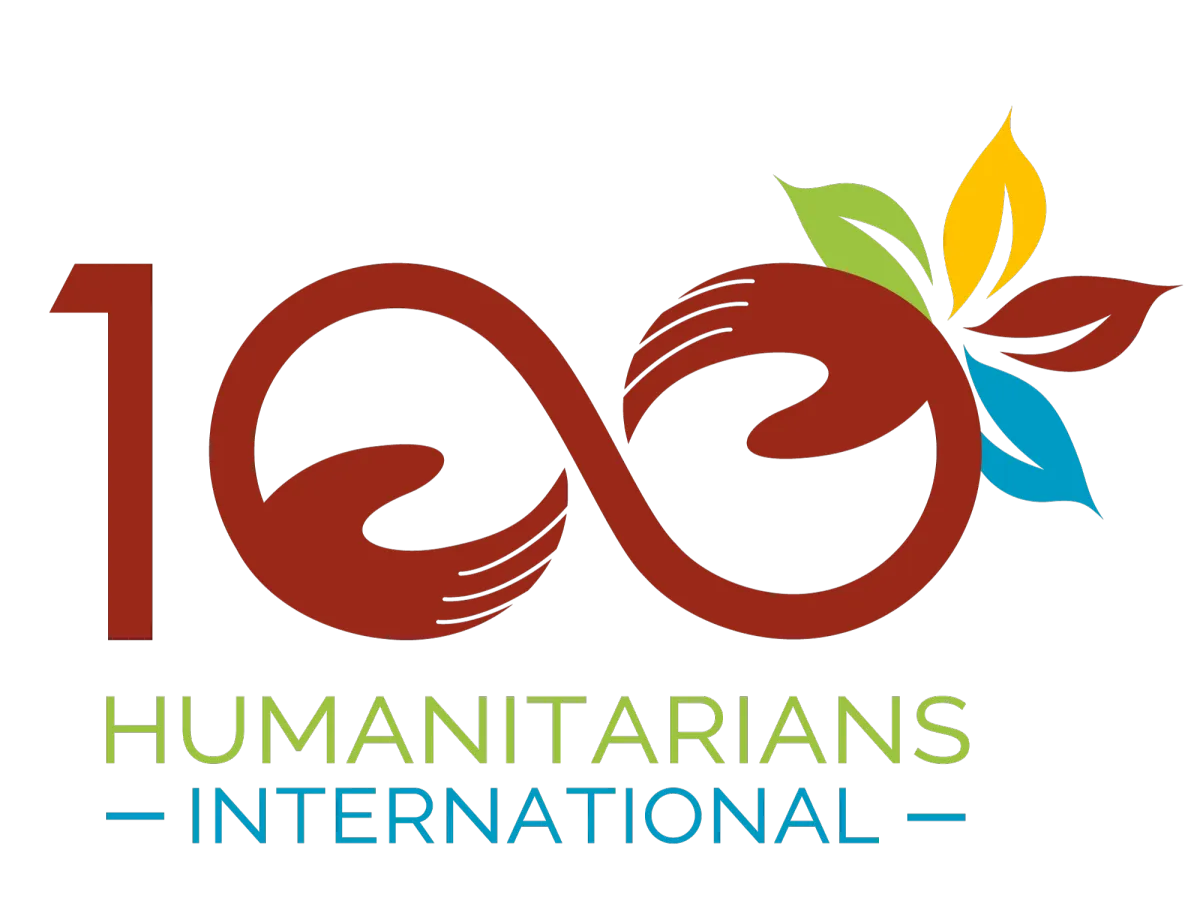Maasai Warriors (Morans)
Maasai Warriors (Morans): The Life, Responsibilities, and Cultural Importance of Maasai Warriors
The Maasai, a semi-nomadic ethnic group in Kenya and Tanzania, are renowned for their distinctive cultural traditions, one of which is the warriorhood of their young men. Known as morans, Maasai warriors play a crucial role in their society, taking on responsibilities that are vital for the protection, social cohesion, and cultural continuity of the community. This blog post explores the life of Maasai morans, their responsibilities, and their cultural importance within the Maasai community.
The Life of a Moran
The journey to becoming a Maasai moran is a significant rite of passage that marks the transition from boyhood to manhood. This process involves a series of ceremonies, teachings, and experiences designed to prepare young men for their roles as warriors and protectors of the community.
The initiation into moranhood begins with the Enkipaata ceremony, where boys around the age of 14 to 16 are circumcised in a public ceremony, a crucial step in their transition. This rite of passage is both a physical and spiritual journey, symbolizing the boys' readiness to embrace the responsibilities of adulthood. Following circumcision, the newly initiated morans enter a period of seclusion in a special manyatta (village) built specifically for them. During this time, which can last several years, the morans live apart from the rest of the community, focusing on physical training, learning traditional skills, and developing the qualities of courage, discipline, and endurance.
The life of a moran is marked by strict codes of conduct and a communal lifestyle. Morans are expected to demonstrate bravery and prowess in various tasks, including hunting, herding livestock, and protecting the community from threats such as wild animals and rival tribes. They also participate in traditional dances and rituals, which are essential for fostering unity and maintaining cultural heritage. The moran period culminates in the Eunoto ceremony, where the young men transition to senior warrior status, taking on new roles and responsibilities within the community.
Responsibilities of Maasai Warriors
As protectors of the Maasai community, morans bear significant responsibilities that ensure the safety, stability, and well-being of their people. These responsibilities extend beyond physical protection to encompass social and cultural duties that reinforce community cohesion and cultural preservation.
One of the primary responsibilities of morans is to protect the community and its livestock. Cattle are central to Maasai life, providing food, wealth, and cultural identity. Morans safeguard these valuable resources from predators and raiders, demonstrating their bravery and skill. Their vigilance and dedication are crucial for maintaining the community's livelihood and security. In addition to guarding livestock, morans play a key role in conflict resolution and maintaining peace. They act as mediators in disputes, leveraging their status and influence to foster dialogue and reconciliation. By promoting harmony and unity, morans help prevent conflicts from escalating and ensure social stability.
Morans also have ceremonial and cultural duties that are integral to Maasai traditions. They participate in important rituals and celebrations, such as weddings, initiation ceremonies, and communal feasts. Their presence and performance in traditional dances and songs underscore their role as cultural ambassadors, preserving and transmitting Maasai heritage to younger generations. These cultural responsibilities reinforce the morans' connection to their community and their commitment to upholding Maasai values and customs.
Cultural Importance of Maasai Warriors
The cultural importance of morans in Maasai society cannot be overstated. They embody the values of courage, discipline, and honor, serving as role models for younger members of the community. The institution of moranhood is deeply embedded in Maasai cultural identity, shaping the social fabric and collective memory of the community.
Morans are celebrated in Maasai folklore, songs, and proverbs, highlighting their significance in the community's cultural narratives. Their exploits and achievements are recounted in stories that inspire and educate, reinforcing the ideals of bravery and resilience. The image of the moran, adorned in traditional attire and armed with a spear, is a powerful symbol of Maasai heritage and pride. The role of morans extends beyond their immediate duties to influence the broader cultural and social dynamics of Maasai society. By upholding traditional practices and values, they contribute to the continuity and vitality of Maasai culture. The respect and admiration accorded to morans reflect their importance in maintaining the community's cultural identity and ensuring the transmission of essential knowledge and traditions.
The transition of morans to elderhood marks another significant phase in their lives, where they continue to influence and guide the community. As elders, former morans leverage their experience and wisdom to make important decisions, resolve conflicts, and mentor younger generations. This continuity of roles underscores the enduring impact of moranhood on Maasai society, illustrating the lifelong commitment of Maasai warriors to their people and culture.
Conclusion
Maasai morans are central figures in their society, embodying the values and traditions that define the Maasai way of life. Their journey from initiation to elderhood encompasses a range of responsibilities that ensure the protection, cohesion, and cultural continuity of the community. The life of a moran is marked by discipline, bravery, and communal dedication, reflecting the profound cultural importance of warriorhood in Maasai society. As the Maasai navigate the challenges of modernity and change, the institution of moranhood remains a vital aspect of their cultural identity, preserving the legacy of their warriors for future generations.
Get Involved with 100 Humanitarians
Each week, we send project updates to your inbox, so that you know exactly where your donations go.
We also keep you updated on volunteer opportunities and expeditions to Kenya.

We will not sell your information to anyone, and you can opt-out at any time.

100 Humanitarians International is a 501(c)(3) nonprofit recognized by the IRS, and all donations to 100 Humanitarians International are tax-deductible in accordance with IRS regulations. EIN #82-1048388
South Jordan, Utah
801-432-0105
